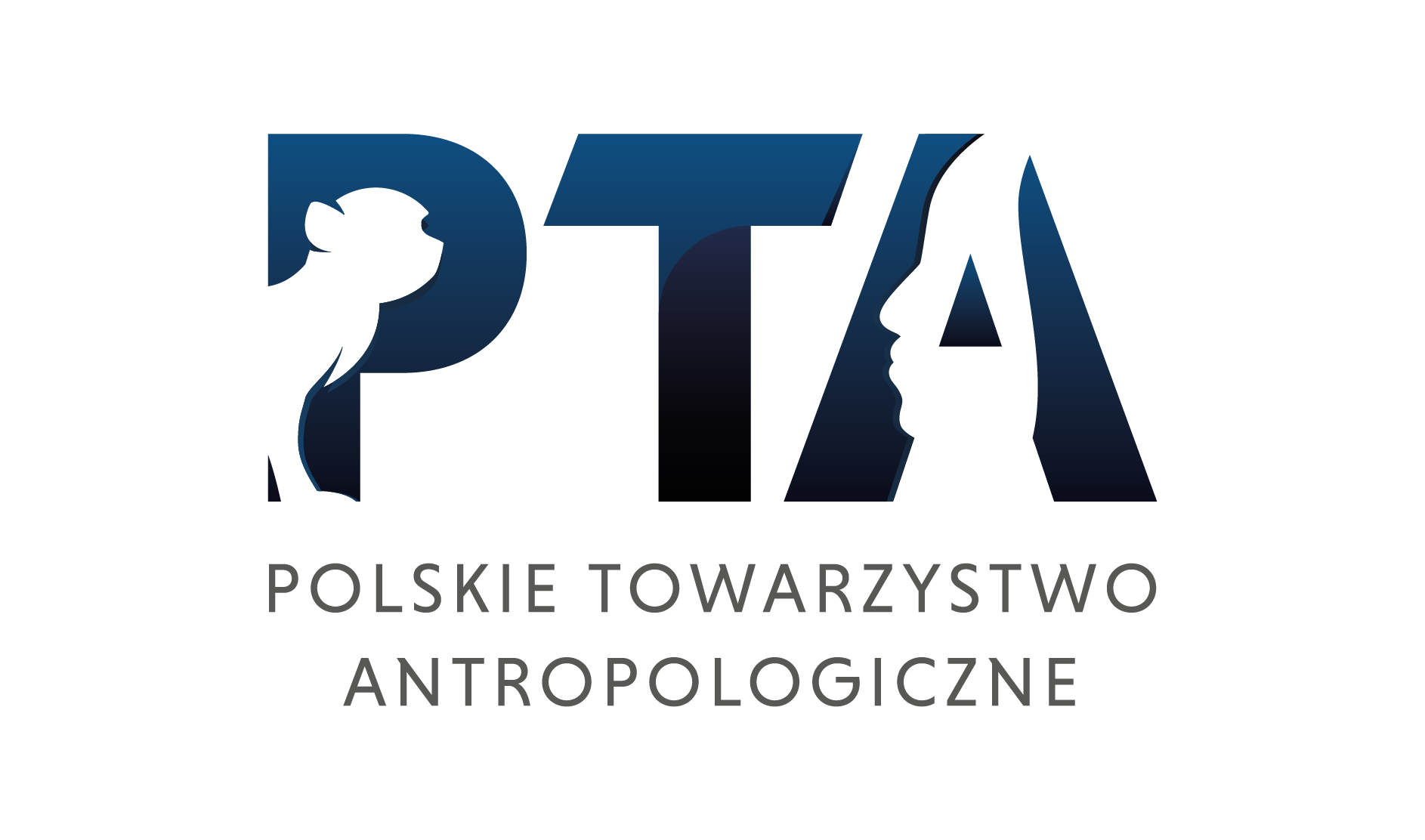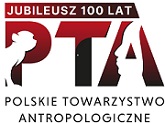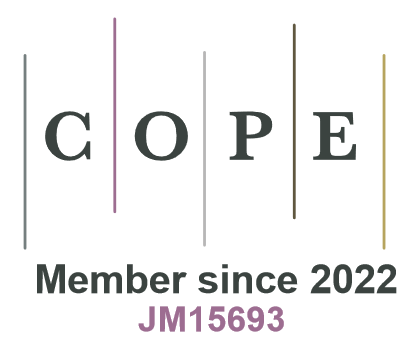A case of Avar period trepanation from Croatia
DOI:
https://doi.org/10.1515/anre-2016-0034Keywords:
cranial lesion, surgery, skeletal remains, Nuštar, Early Medieval periodAbstract
The Avar period cemetery of Nuštar, situated in continental Croatia, is dated to the 8th and the beginning of the 9th century. Rescue archaeological excavation yielded 196 burials. During analysis of human skeletal remains, an individual with a large cranial lesion caused by trepanation was found. Trepanation is a surgical procedure performed on the skull in order to remove a fragment of the bone using a sharp instrument or drill. It has been practiced in various regions since the prehistoric period for both medical and ritual reasons. The aim of this paper is to provide a description of the observed lesion based on macroscopic appearance accompanied by radiography, computed tomography scanning and 3D optical scanning. Furthermore, possible cause and employed technique are taken into consideration, as well as cultural and historical implications of the case.
Downloads
References
Andrushko VA, Verano JW. 2008. Prehistoric trepanation in the Cuzco region of Peru: A view into an ancient Andean practice. Am J Phys Anthropol 137:4-13.
View in Google Scholar
Aufderheide AC, Rodríguez-Martín C. 2003. Cambridge encyclopedia of human palaeopathology. Cambridge: Cambridge University Press.
View in Google Scholar
Bennike P. 1985. Palaeopathology of Danish skeletons: A comparative study of demography, disease and injury. Copenhagen: Akademisk Forlag.
View in Google Scholar
Bereczki Z, Molnár E, Marcsik A, Pálfi G. 2010. Evidence of surgical trephinations in infants from the 7th-9th centuries AD burial site of Kiskundorozsma-Kettôshatár. Acta Biologica Szegediensis 54:93-8.
View in Google Scholar
Bereczki Z, Molnár E, Marcsik A, Pálfi G. 2015. Rare types of trephination from Hungary shed new light on possible cross-cultural connections in the Carpathian Basin. Int J Osteoarchaeol 25:322-33.
View in Google Scholar
Buikstra J, Ubelaker D. 1994. Standards for data collection from human skeletal remains. Arkansas Archeological Survey Research Series No. 44. Fayetteville: Arkansas Archeological Survey.
View in Google Scholar
Campillo D. 2007. La trepanación prehistorica. Barcelona: Ediciones Bellaterra.
View in Google Scholar
Daim F. 2003. Avars and Avar archaeology: An introduction. In: H-W Goetz, J Jarnut and W Pohl, editors. Regna and Gentes: The Relationship between Late Antique and Early Medieval Peoples and Kingdoms in the Transformation of the Roman World. Leiden: Brill. 463-570.
View in Google Scholar
Garam E. 1975. The Szebény I-III cemetery. In: I Kovrig, editor. Avar Finds in the Hungarian National Museum. Cemeteries of the Avar Period (567-829) in Hungary. Budapest: Akadémiai Kiado. 49-120.
View in Google Scholar
Garam E. 1987. Pferdegräber der awarenzeitlichen Gräberfeldes in Tiszafüred. Alba Regia 23:65-125.
View in Google Scholar
Filipec K. 2003. Kasnoavarski ukrasni okov (falera) u obliku veprove glave iz Siska. Godišnjak Gradskog muzeja Sisak 3-4:117-46.
View in Google Scholar
Germanà F, Fornaciari G. 1992. Trapanazioni, craniotomie e traumi cranici in Italia dalla preistoria all’età moderna. Pisa: Giardini Editori e Stampatori.
View in Google Scholar
Gross CG. 2003. Trepanation from the Palaeolithic to the Internet. In: R Arnott, S Finger and CUM Smith, editors. Trepanation: History, Discovery, Theory. Lisse: Swets & Zeitlinger B.V. 307-22.
View in Google Scholar
Han K, Chen X. 2007. The archaeological evidence of trepanation in early China. Bulletin of the Indo-Pacific Prehistory Association 27:22-7.
View in Google Scholar
Ivaniček F. 1949. Istraživanje nekropole ranog srednjeg vijeka u Bijelom Brdu. Ljetopis Jugoslavenske akademije znanosti i umjetnosti 55:111-44.
View in Google Scholar
Józsa L, Fóthi E. 2007. Trepanált koponyák a Kárpát−medencében (a leletek számbavétele, megoszlása és lelőhelyei). Folia Anthropologica 6:5-18.
View in Google Scholar
Kovrig I. 1975. The Tiszaderzs cemetery. In: I Kovrig, editor. Avar Finds in the Hungarian National Museum. Cemeteries of the Avar Period (567-829) in Hungary. Budapest: Akadémiai Kiadó. 209-39.
View in Google Scholar
Krasilnikov KI, Ruzhenko AA. 1981. Pogrebenie khirurga na drevnebolgarskom mogilnike u s. Zheltoe. Sovetskaia Arkheologiia 2:282-9.
View in Google Scholar
László O. 2016. Detailed analysis of a trepanation from the Late Avar Period (turn of the 7th-8th centuries – 811) and its significance in the anthropological material of the Carpathian Basin. Int J Osteoarchaeol 26:359-65.
View in Google Scholar
Lillie MC. 2003. Cranial Surgery: The Epipalaeolithic to Neolithic populations of Ukraine. In: R Arnott, S Finger and CUM Smith, editors. Trepanation: History, Discovery, Theory. Lisse: Swets & Zeitlinger B.V. 175-88.
View in Google Scholar
Lisowski FP. 1967. Prehistoric and early historic trepanation. In: DR Brothwell and AT Sandison, editors. Disease in Antiquity. Springfield: Charles C. Thomas. 651-72.
View in Google Scholar
López B, Caro L, Pardiñas AF. 2011. Evidence of trepanations in a medieval population (13th-14th century) of northern Spain (Gormaz, Soria). Anthropol Science 119:247-57.
View in Google Scholar
Malez M, Nikolić V. 1975. Patološka pojava na čovječjoj prethistorijskoj lubanji iz pećine Bezdanjače u Lici. Rad Jugoslavenske akademije znanosti i umjetnosti 17:171-9.
View in Google Scholar
Mikić Ž. 2006. Trepanacija – vek istraživanja u Srbiji. Antropologija 4:36-47.
View in Google Scholar
Nerlich A, Peschel O, Zink A, Rösing FW. 2003. The pathology of trepanation: Differential diagnosis, healing and dry bone appearance in modern cases. In: R Arnott, S Finger and CUM Smith, editors. Trepanation: History, Discovery, Theory. Lisse: Swets & Zeitlinger B.V. 43-51.
View in Google Scholar
Novak M, Nađ M, Pleše T, Čavka M. 2013. Skeletal evidence of trepanning on a 5th century skull from Ludbreg, Croatia. Acta medico-historica Adriatica 11:197-212.
View in Google Scholar
Ortner DJ. 2003. Identification of pathological conditions in human skeletal remains. San Diego: Academic Press.
View in Google Scholar
Roberts C. 2000. Trauma in biocultural perspective: past, present and future work in Britain. In: M Cox and S Mays, editors. Human osteology in archaeology and forensic science. Cambridge: Cambridge University Press. 337-56.
View in Google Scholar
Roberts C, Manchester K. 2005. The archaeology of disease. Ithaca: Cornell University Press.
View in Google Scholar
Simoni K. 1981. Zagreb i okolica u ranom srednjem vijeku. Izdanja Hrvatskog arheološkog društva 2:155-68.
View in Google Scholar
Szentpéteri J editor. 2002. Archäologische Denkmäler der Awarenzeit in Mitteleuropa. Varia Archaeologica Hungarica 13. Budapest: Akadémiai Kiadó.
View in Google Scholar
Šmalcelj M. 1981. Privlaka – Gole njive (opć. Vinkovci) – avaroslavenska nekropola. Arheološki pregled 22:143-4.
View in Google Scholar
Šmalcelj M. 1992. Stari Jankovci – Gatina. In: V Girardi-Jurkić, editor. Arheologija i rat/Archeology and War. Zagreb: Ministarstvo obrazovanja i kulture. 44-5.
View in Google Scholar
Težak-Gregl T, Šmalcelj M. 1992. Otok – Gradina. In: V Girardi-Jurkić, editor. Arheologija i rat/Archeology and War. Zagreb: Ministarstvo obrazovanja i kulture. 40-1.
View in Google Scholar
Vida T. 2008. Die Awaren. In: B Anke, L Révész and T Vida, editors. Reitevölker im Frühmittelalter, Hunnen – Awaren – Ungarn. Stuttgart: Theiss. 47-74.
View in Google Scholar
Vinski-Gasparini K, Ercegović S. 1958. Ranosrednjovjekovno groblje u Brodskom Drenovcu. Vjesnik Arheološkog muzeja u Zagrebu 3:129-61.
View in Google Scholar
Weber J, Wahl J. 2006. Neurosurgical aspects of trepanations from Neolithic times. Int J Osteoarchaeol 16:536-45.
View in Google Scholar
Wenger S. 1968. Data to the anthropology of the Avar period population of the Transdanubia (The anthropology of the Avar period cemetery at Kékesd). Anthropologia Hungarica 1-2:59-97.
View in Google Scholar
Downloads
Published
How to Cite
Issue
Section
License

This work is licensed under a Creative Commons Attribution-NonCommercial-NoDerivatives 4.0 International License.








